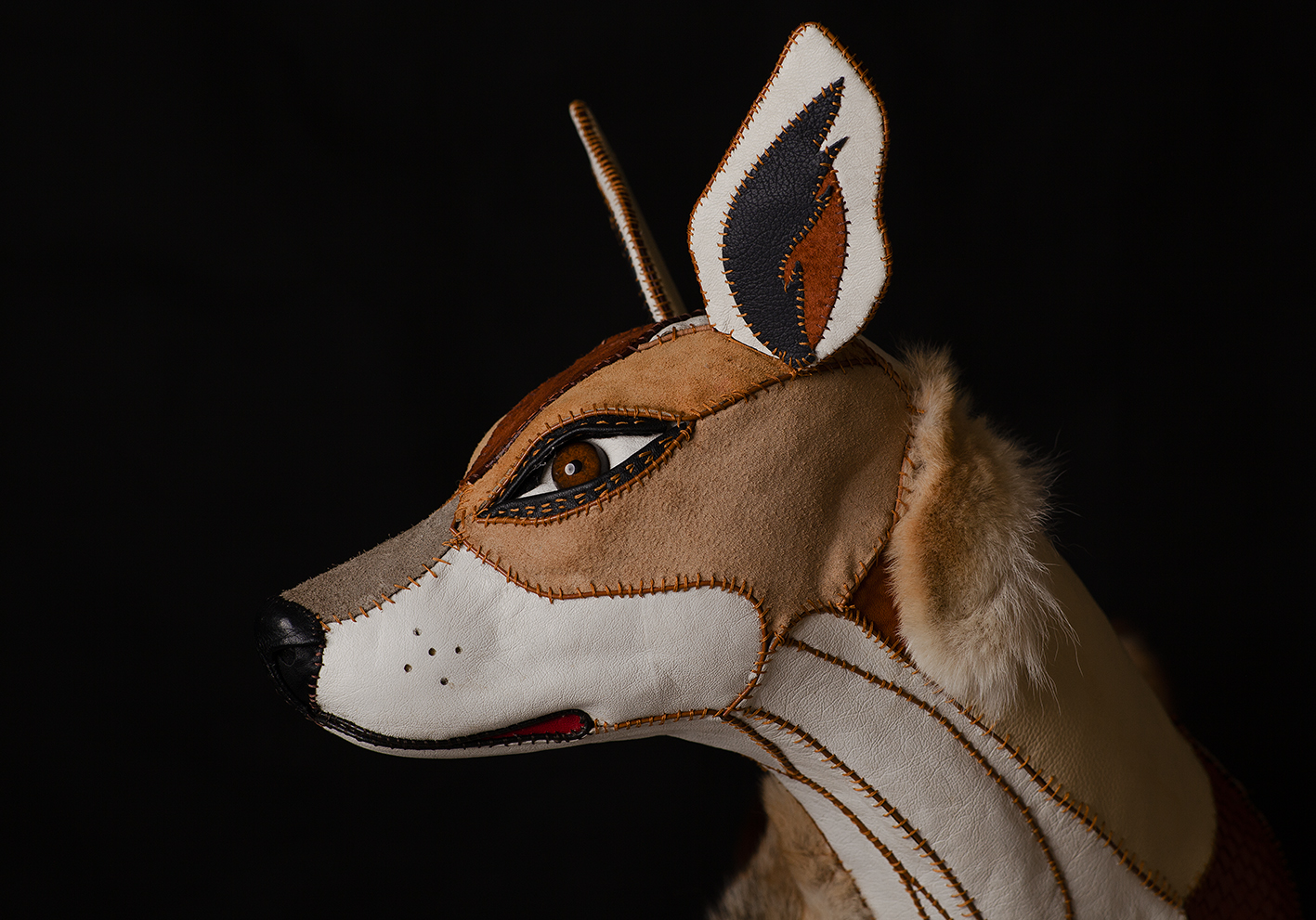Animal nationalisms: Multispecies cultural politics, race, and nation un/building narratives
Special Issue Proposal for the Journal of Intercultural Studies
Yamini Narayanan (Deakin University) and Kathryn Gillespie (Wesleyan University)
Animals have long been entangled with global cultural politics of nation-building and nationalism. In North America, both cattle and horses, as domesticated laboring animals, have been foundationally deployed as tools of colonialism, the settler-colonial project (Anderson 2006). Cultural narratives rescript ideas of the North American ‘West’ through animals’ use in dispossessing indigenous peoples from their land and native animal species from their habitats (Anderson 2006; Fischer 2017), and through the contemporary dairy and beef industries (where cattle and the consumption of their bodies and reproductive outputs are drawn into narratives of US patriotism and what it means to be American) (Gillespie forthcoming; Orzechowski 2012; Sharpes 2006).
India exemplifies the animal-nationalism collapse to an extent where the Mother Cow is Mother India – specifically a Hindu Mother India. The prohibition of cow slaughter and criminalization of beef in India advances the narrative of the ‘beef-consuming’ ‘cow-butchering Muslim’, obscuring the role of milk, valued as sacred by Hindus, in cow slaughter (Narayanan 2017). In a similar vein, Buddhist nationalists demand an end to cow slaughter in Sri Lanka to marginalize Muslims, even as the state increases its investment in the dairy sector. In both India and Trump’s America, the resurgence of right-wing nationalism asserts the ‘whiteness’ of milk as a sign of white racial superiority for neo-Nazis (Freeman 2017), and the pre-eminence of upper-caste Hindu extremism respectively. In the Netherlands, genetic modifications of bovine animals bring up questions of Dutch national identities, a cultural preoccupation with ‘purity,’ and a historical contextualization within the Nazi occupation (Taussig 2004).
Cultural and religious uses of the lives and deaths of animals are also profound in nation-making. Worldwide, domesticated animals feature in nation-building narratives via masculinist performances of settler colonialism and animal dominance. Such culturally infused practices include the rodeo in America, horse-racing in England and the former British colonies, bull-fighting in Spain and Colombia, buffalo-racing in India, and rooster and dog-fighting in many parts of the world. Nationalist narratives of control and eviction of animals, operate alongside religio-political and cultural discourses that celebrate and even deify them. Monkeys and rats are simultaneously pests in India, and worshipped as divinity. In Australia, the native kangaroo is a pest but also on the Coat of Arms. The ritual worship and sacrifice of animals across religions is intertwined with religious, cultural, and nationalist identities (Govindrajan 2015). The sacred and economic value of animals is often indistinguishable, and as the case of temple elephants of India, Sri Lanka or Thailand show, these intertwined systems of value enact significant violence on animals in an increasingly neoliberal era (Iyer 2016).
This special issue has two mandates. One, we ask why and how animals are foundational to cultures of nationalism and racial demarcation. Postcolonial critical animal studies scholars have drawn attention to the ways in which racialization (as a process frequently foundational to projects of nation-building) is intimately entangled with what Maneesha Deckha calls a kind of “species thinking” wherein categories of human, subhuman, and nonhuman operate to create a violatable Other (Deckha 2010; Kim 2015; Ko and Ko 2017). We are interested in how animals themselves are used to reproduce and sustain animality and its role in nationalistic practices of exclusion, violence, and supremacy.
Two, we aim to re-imagine how animals may feature in more ‘inclusive nationalisms’ or ‘just nationalisms’ that attend to difference within and across species. Variations of environmentalism and eco-citizenship are interwoven with nation-building narratives, and are beginning to variously unsettle and reframe the nation-state (Yeh 2009, Goldman 2005). The Constitution of India directs its citizens to ‘have compassion for living creatures’ since its inception in 1950. In 2015, New Zealand recognized animals as ‘sentient’ beings. However, such mandates are yet to manifest meaningfully worldwide, in ways that protects animals from human exploitation and there remains a question of whether legal reforms can even substantially represent the interests of nonhuman animals when law itself is an anthropocentric institution (Deckha 2013).
With this in mind, this special issue aims to explore such questions as:
– How are nationalistic agendas advanced by and through animals’ role in the cultural politics of nation building or destruction?
– How are nationalist discourses, imbued with racial politics, also a project of rendering animal or subhuman those who fall outside of and beyond a particular formulation of human (see Wynter’s [2003] formulation of Man 1/2; also McKittrick 2014; Weheliye)?
– How is legislative action framed around the cultural use of animals in nation/identity-building by animal advocacy, as well as nationalist groups?
– How can/has the burgeoning animal advocacy movement worldwide responded to the cultural uses of animals in nation-building projects, through legislation or advocacy?
– How does international trade, international political coalitions, increased militarisation, and the resurgence of right-wing extremism and local parochialisms globally impact cultural practices and uses of animals of particular states or regions?
We invite abstracts of 150-200 words from scholars studying animals in different regions, nations, cultures and religions across the Global South and North. Please send to y.narayanan@deakin.edu.au and kathryn.a.gillespie@gmail.com by the 15th of December 2017.


